Australia remains one of the most enviable economies in the world. When it comes to the rate at which they are now being targeted in cyberattacks, though, anyone envying them might want to have a rethink.
Currently sitting in sixth place on the list of the world’s most targeted countries is not telling the full story. Knowing that these attacks go all the way up into even government agencies tell you that these hackers are not here to play.
That is why we have come up with a basic user guide to help keep you safe against this upsurge of scammers and hackers on the prowl.
Improve your Password Habits
There is more sensitization around the importance of passwords, but it seems that many users do not just care. We now set passwords as an afterthought without giving any regard to its importance. Never again, though. If you want to secure your data, at least.
● Use a password generator for the best chances at a truly secure password.
● Never reuse the same password for multiple accounts
● Do not share your passwords with anyone
● Enable 2FA on all accounts that support such
● Check your account activity frequently to be informed of suspicious logs
● Change your password on a rolling basis (quarterly, bi-yearly, etc.)
Secure your Devices
Your devices – from the basic smartphone to tablets and personal computers – can be a major source of breach too. Considering how much information we have on our devices these days, a breach of them is all a hacker needs in many important parts of our lives.
This is how to stand a chance at locking them out:
● Update your device software regularly
● Update your apps and programs regularly
● Never sideload apps
● Only download trusted programs and extensions to your unit
● Never connect your device (smartphone and tablets) to an untrusted network
● Never connect untrusted units (flash drives, hard drives, other phones, etc.) to your computers.
Secure your Network
Even if your device was rightly secured, your internet network could be the Achilles heel to all of your plans.
This is one of the reasons why we abhor the connection to public and free Wi-Fi networks.
Living in a connected world today makes things more complicated too. The network is only as strong as the weakest unit on it. Thus, you have to ensure all of your connected devices – down to that connected light bulb – is secure.
Here’s what to do:
● Update your connected device software regularly
● If possible, do not connect all of your devices to the same network
● Set a strong password for your routers
● Install a VPN on your router for internet traffic encryption
● All connected devices should have a strong password behind them
● Change your router details (default name and password)
● Never connect to public Wi-Fi networks
Avoid Human Errors
Researchers have established that even the best security models will be invalidated by human error. That makes this one of the most important considerations to make when ensuring the security of your accounts and data.
We have made references to some human errors above so we will not be repeating them here. Others that need to be hammered on include:
● Beware of phishing scams
● Never leave your important devices unattended
● Backup your files frequently. Better to have an offline and online backup model that is independent of one another
You can never be too safe. Never take chances with hackers. Make sure you have these best practices in place.
